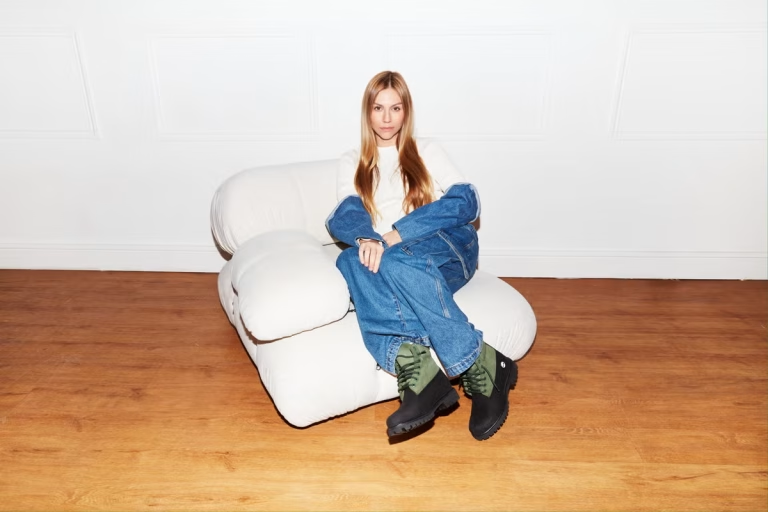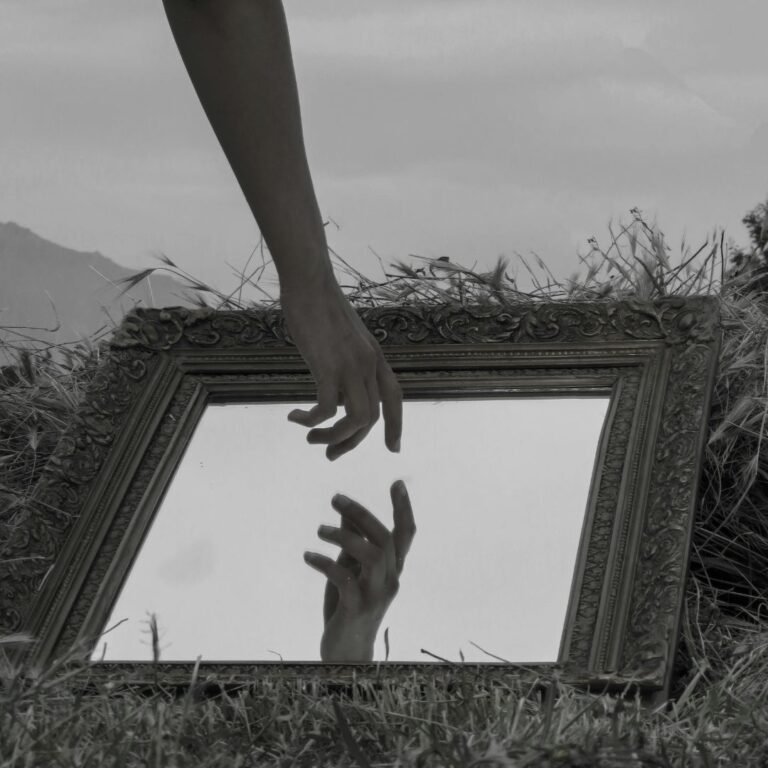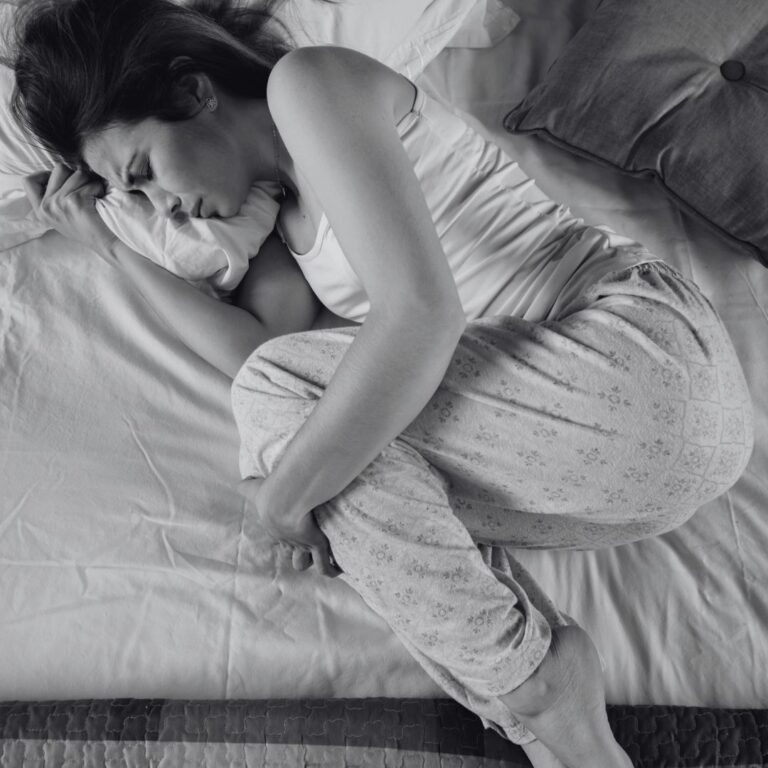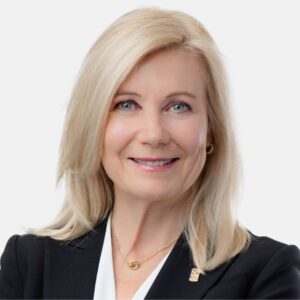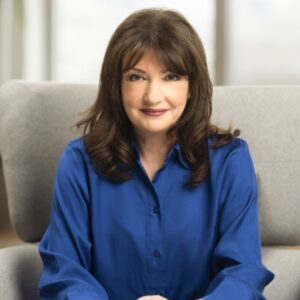Discovering ADHD in adulthood: How Katy McFee is embracing her diagnosis
Women Leaders26.06.2024
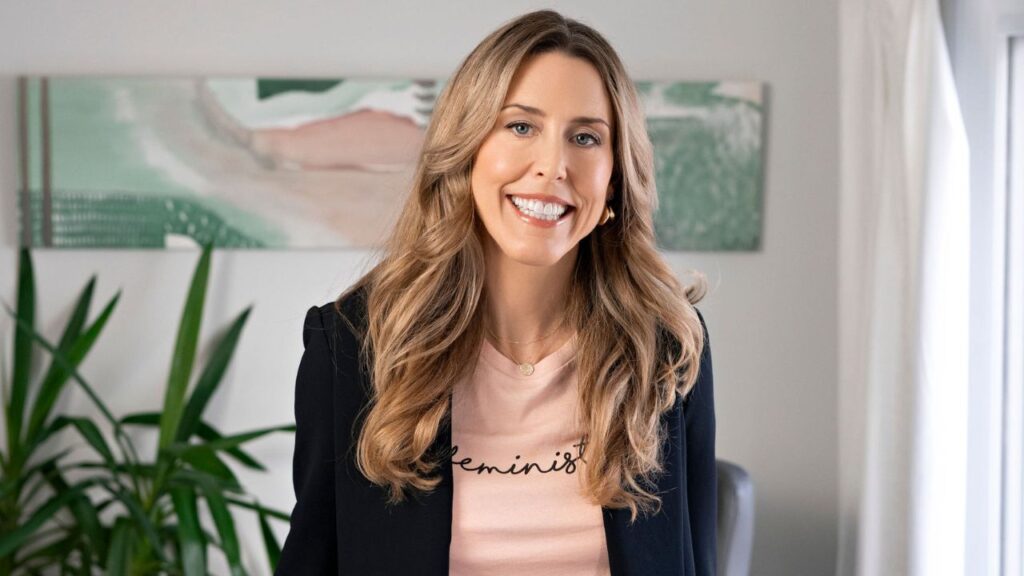
As many of us have over the years, Katy McFee often joked at work that she must have a little bit of ADHD.
When she was always a few minutes late for a morning management meeting or lost track of time in her schedule, there it would be: it must be ADHD.
It wasn’t until 2020 that she finally realized there was more truth to that statement than she expected.
The realization first came during a casual conversation with her hairdresser, whose daughter had been diagnosed previously.
“When she was leaving, she turned to me and said, ‘By the way, Katy, you 100 per cent have ADHD,’” said McFee. “I had joked about it, but I didn’t necessarily think I had it, mostly because I’ve had a successful career and am high functioning.”
As McFee would come to learn through her own research, ADHD is often misunderstood and doesn’t present itself in the way that we are usually taught to think about it.
“The picture so many of us have of ADHD is the eight-year-old boy bouncing off the walls in a classroom,” she said. But, through online resources, like the podcast ADHD for Smart Ass Women, McFee began to recognize many of the symptoms within herself.
Understanding the diagnosis
Since she was young, McFee always struggled with time management — often showing up late for school and then, later in life, work meetings — which she learned is a common occurrence for people with ADHD who struggle with time blindness.
It also presents itself in executive functioning and organization, such as managing schedules, remembering to pick things up from the store, or simply paying for parking.
McFee also learned about Rejection Sensitive Dysphoria, which can make people with ADHD extremely sensitive to feedback or criticism because they internalize it so deeply, which in women is often misdiagnosed as anxiety or depression.

“The puzzle pieces just started to connect, and I resonated with them so much,” she said. “That really kick-started my journey.”
In 2023, McFee decided to take action and sought a diagnosis, which she admits brought up some mixed emotions.
“When I started to go through the process of getting diagnosed, I started to tell myself, ‘You probably don’t have this; why are you looking for this diagnosis? You’re probably just faking it or wanting an excuse for all the things you’re not good at,’” she said. “This little voice in my head said all of these really unhelpful, mean things.”
In the end, McFee was diagnosed with combined ADHD, both inattentive and hyperactive, exceeding the criteria she ever would have needed for a diagnosis.
“When I finally received the diagnosis, I found it quite emotional, I think, because it was so validating,” she said. “It brought up a lot of the shame that I had dealt with over several years … I had always attributed these ADHD symptoms to be my own personal character flaws when, in fact, it was out of my control.”
McFee says it took some time to process the diagnosis, but she was left with a sense of relief.
“Now I know what this is, I can do something about it,” she said.
Living with ADHD
Today, navigating life with ADHD means finding strategies that help manage her symptoms.
Even prior to her diagnosis, McFee revamped her daily routine, incorporating exercise and meditation in the morning and journaling in the evening. She says this significantly helps calm her mind and get her focused.
At the time, she didn’t know why these changes significantly impacted her day, but now it all makes sense.
“I think that the diagnosis gave me permission to ask for what I needed,” she said. “Before, I always had an element of guilt that I was focusing on this morning routine instead of being with my kids, for example. But now, almost for the first time in my life, I am saying, ‘I actually really need this morning routine to show up the way I want to show up.’”
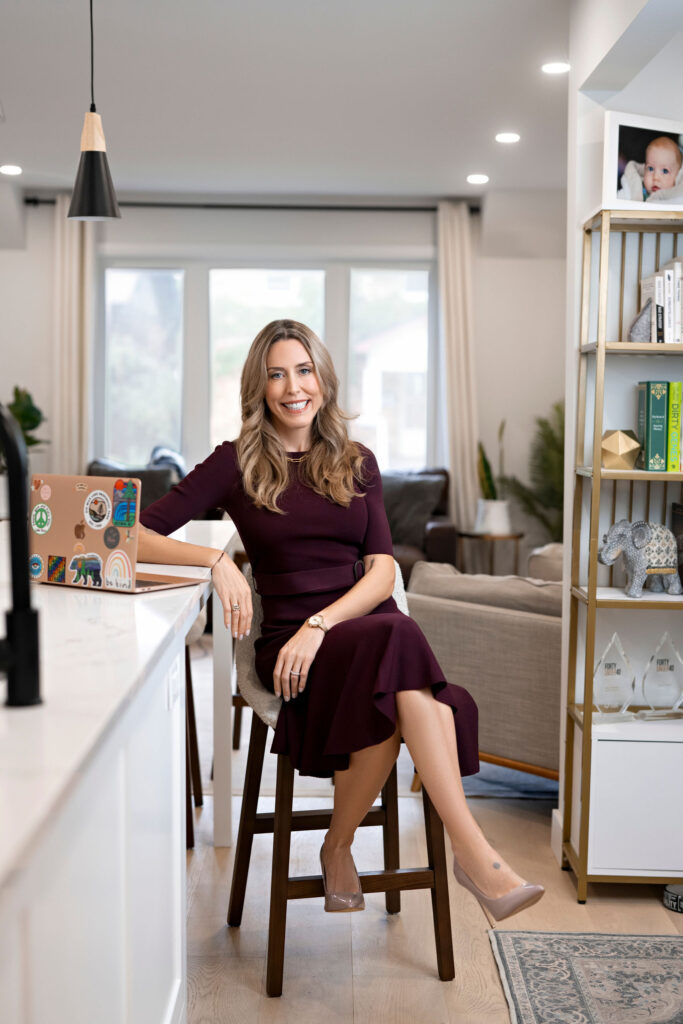
She has also hired an assistant for her business to help her manage her schedule and stay organized, which she says has taught her a powerful lesson in outsourcing and asking for help.
Despite the challenges, she also embraces the strengths that come with ADHD and recognizes how it’s helped her throughout her career.
“I can immerse myself deeply in tasks I’m passionate about and connect dots that others might miss,” she points out. “My higher risk tolerance also made me willing to take the shot at climbing the corporate ladder or leaving my job to start my own business. From a career perspective, that’s really served me.”
Her journey has also reshaped her perception of ADHD, especially for women.
“There can be a misconception that ADHD somehow holds you back or limits what you can do because of how your brain works,” she said. “And while we rarely saw women talking about their experience with it, we are seeing more high-power women speaking pretty openly and not letting it define them.”
By sharing her story openly, McFee hopes to inspire other women who might be grappling with similar challenges.
“It’s interesting. I initially felt a twinge of hesitation, thinking, ‘Do I want to put this out there?’” she said. “But one of the things I want to do is demystify what it looks like to be a leader and be really vulnerable about the struggles we all have.
“ADHD is one part of me. I’m also an empath, a mother, and I’m passionate about so many other things. For any other woman who has a diagnosis or is seeking one, remember that this is one small part of you, and you can still have the life and career you are striving for.”




